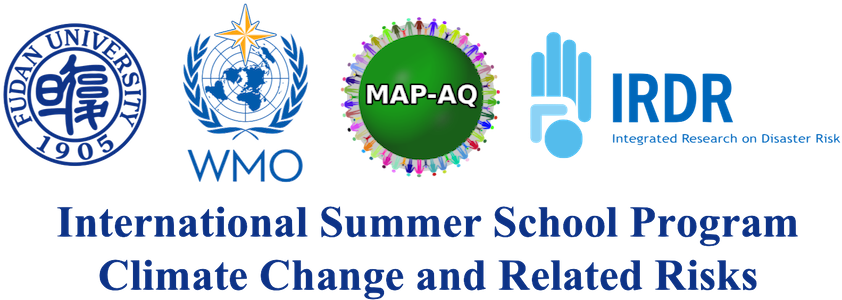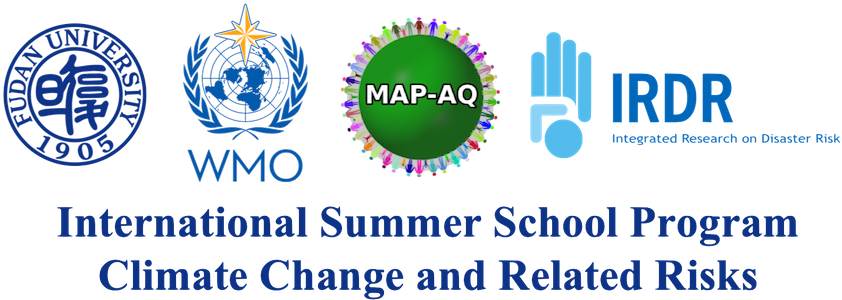(in alphabetical order of surname)
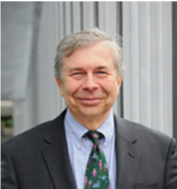 [Guy Brasseur]
[Guy Brasseur]
Prof. Guy Brasseur is an Earth system scientist who focuses on issues related to atmospheric chemistry, solar-terrestrial relations, biogeochemical cycles, atmospheric ozone and climate change. He is a member of the Academia Europaea and ISC Fellow. Since 1988, he held several positions: Director of the Atmospheric Chemistry Division (1990-1999) at the National Center for Atmospheric Research (NCAR), Director of the Max Planck Institute for Meteorology (1999-2006), Associate Director of NCAR and Head of the Earth and Sun Systems Laboratory (2006-2009); Director of the German Climate Service Center (2009-2014); Chair of the Scientific Committee of the International Geosphere Biosphere Programme (IGBP) (2002-2005); Chair of the Joint Scientific Committee of the World Climate Research Programme (WCRP) (2015-2018). He is also a founder and co-chair of the international MAP-AQ (Monitoring, Analysis, and Prediction of Air Quality) project affiliated with the WMO and IGAC.
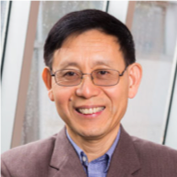 [Wenju Cai]
[Wenju Cai]
Dr Cai's research spans ocean-atmosphere interaction, physical oceanography, and large-scale climate dynamics. His research has provided us with a deeper insight into how tropical climate variability responds to greenhouse warming. He has been a Clarivate Web of Science Highly Cited Researcher since 2019. His research has led to a number of breakthroughs in fundamental understanding of the tropical ocean and atmospheric processes key to response of climate variability to global warming. He was elected Fellow of Australia Academy of Science (2020), Fellow of American Geophysical Union (2022), Fellow of American Meteorological Society (AMS) (2022), and was awarded AMS Sverdrup Gold Medal (2024).
[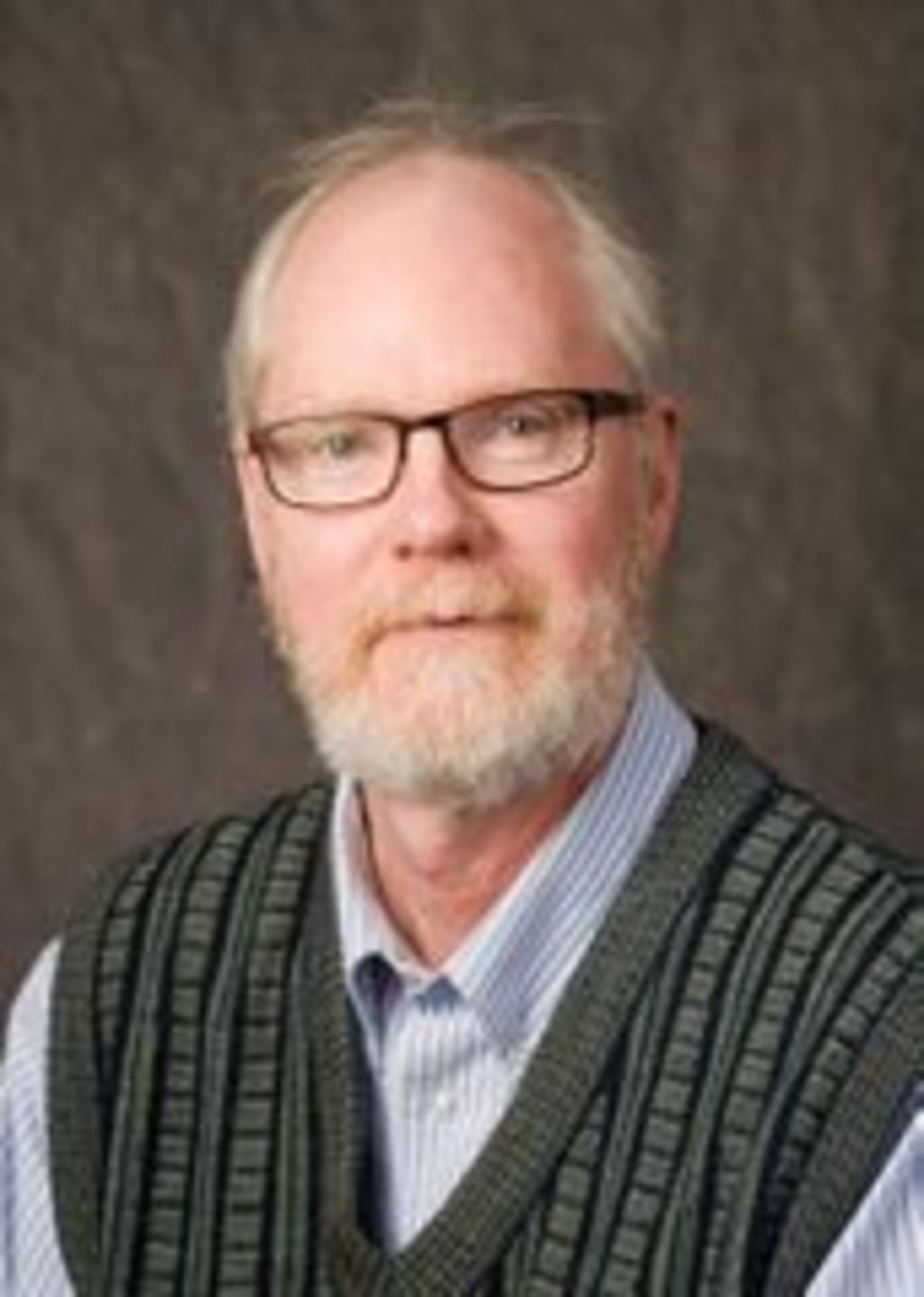 Gregory R. Carmichael]
Gregory R. Carmichael]
Prof. Carmichael is the University of Iowa’s Karl Kammermeyer Professor of Chemical and Biochemical Engineering. He serves as the chair of the Scientific Steering Committee of the Global Atmospheric Watch (GAW) of the World Meteorological Organization (WMO). He is a leader in the development and application of chemical transport models at scales ranging from local to global. He has over 280 journal publications. The majority of his recent papers deal with the development and application of chemical transport models (CTM) to studies in regional atmospheric chemistry, air quality, and climate. These research activities include the development of comprehensive air quality models and their application to regional and international air pollution problems. His studies have led to a deeper understanding of the importance of long-range transport of pollutants within Asia and across the Pacific. His work has also explored the importance of dust on atmospheric chemistry, and this work has helped to stimulate laboratory as well as large-scale field experiments. His research has involved the development of innovative modeling tools, including techniques to optimally integrate measurements and models via formal chemical data assimilation.
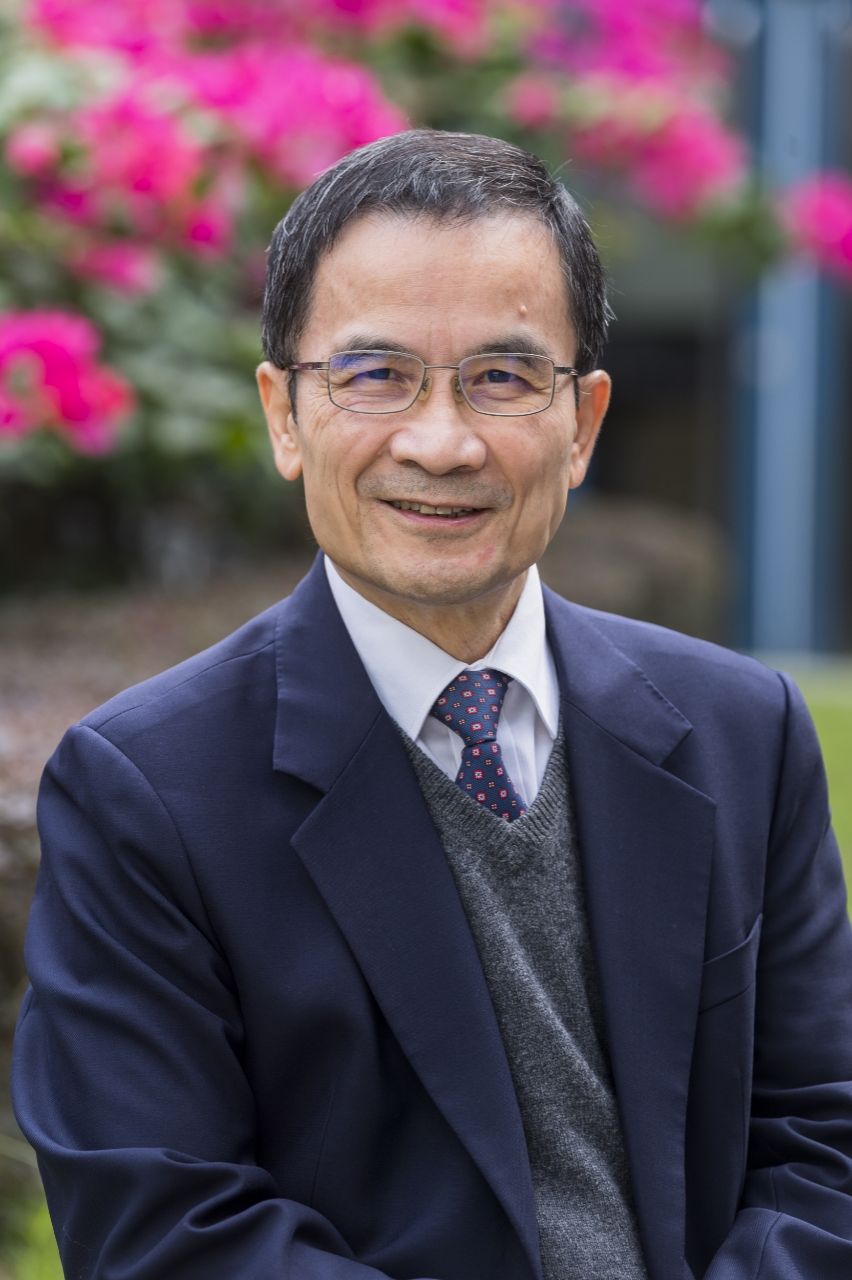 [Johnny Chan]
[Johnny Chan]
Professor Johnny Chan is currently the Chair of the International Science Steering Committee of the Asia-Pacific Typhoon Collaborative Research Center and an Emeritus Professor at City University of Hong Kong (CityU), where he was Chair Professor of Applied Physics/Atmospheric Science before his retirement in June 2021. He was the Founding Dean of the School of Energy and Environment (SEE) of CityU, and served as the Director of the Guy Carpenter Asia-Pacific Climate Impact Centre of SEE, CityU and the Director of the Shanghai Typhoon Institute of the China Meteorological Administration. Professor Chan is internationally renowned in the research areas of typhoons, monsoons and climate change. He has published close to 300 international journal articles and presented over 350 invited talks and conference papers. Professor Chan was a Review Editor of the Intergovernmental Panel on Climate Change Assessment Report Six (Working Group I), a member of the Tropical Meteorology Research Working Group of the World Meteorological Organization of United Nations and the Chair of its Tropical Cyclone Panel between 2012 and 2018. He also serves in the editorial board of several international journals and book series. Professor Chan’s honours include Distinguished Alumnus of the Department of Atmospheric Science, Colorado State University, Honorary Member of the Asia-Oceania Geosciences Society, Special Expert of the China Meteorological Administration, Honorary Fellow of the UK Energy Institute, Fellow of the American Meteorological Society, recipient of the International Journal of Climatology Award of the Royal Meteorological Society, Distinguished Meteorologist awarded by the Hong Kong Observatory, and a Senior Research Fellowship awarded by the Croucher Foundation.
 [Sergey k. Gulev]
[Sergey k. Gulev]
Prof. Sergey K. Gulev is a member of the Russian Academy of Sciences and holds a Doctor of Science degree in Physics and Mathematics. He is the head of the Sea-Air Interaction and Climate Laboratory (SAIL) at the Shirshov Institute of Oceanology, Russian Academy of Sciences. Prof. Gulev has made significant contributions to the fields of sea-air interaction, marine meteorology, and climate dynamics. To date, he has published over 400 papers in journals such as Nature, Nature Geoscience, and BAMS. He played a key role in designing and organizing unique experiments such as NEWFAEX-88 and ATLANTEX-90. He was the first to develop a wind-wave climatology for the North Atlantic using observational data, laying the foundation for estimating wind-wave interaction momentum fluxes. Under his leadership, his research team developed a century-scale global ocean wind-wave climatology, which has become widely used in ocean climate studies. Additionally, he led the creation of the most comprehensive climatology of cyclone activity to date and developed numerical methods for cyclone identification, which have been widely used.
 [Maria Kanakidou]
[Maria Kanakidou]
Maria Kanakidou is a Full Professor of Computational Environmental Chemistry, Head of the Environmental Chemical Processes Laboratory, Department of Chemistry, University of Crete, a visiting Professor at the Institute of Chemical Engineering Sciences of the Foundation for Research and Technology-Hellas, Patras, Greece and currently holds a Chair of Excellence at the Institute of Environmental Physics, University of Bremen. She graduated from the Department of Chemistry of the National Kapodistrian University of Athens and holds Master, PhD and Habilitation degrees in Chemistry of Air Pollution and Environmental Physics from the University of Paris 7. She is a member of several international scientific committees on atmospheric and marine environment and climate (GESAMP-WG38, ICACGP, SOLAS, WMO/MMF-GTAD). She was awarded the Vilhelm Bjerknes European Geophysical Union Medal for Atmospheric Sciences in 2016 and the von Humboldt Foundation Medal for Atmospheric Sciences in 2019. Her main interests concern: atmospheric composition, climate change, air-sea interactions, and impacts on human and ecosystems’ health. She has more than 160 publications in international journals with impact in the scientific community and 17 book chapters. She has coordinated or participated as principal investigator in more than 40 competitive research projects and has supervised 14 successfully completed PhD theses.
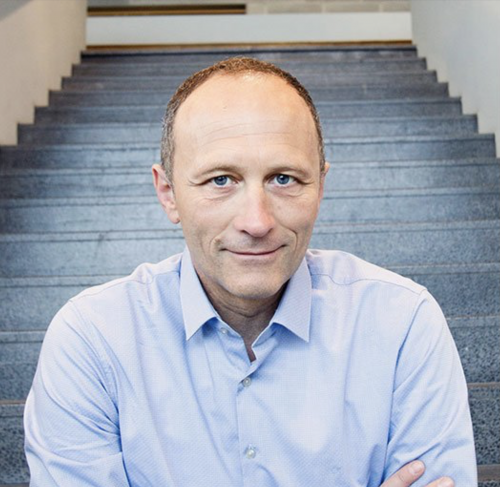 [Paolo Laj]
[Paolo Laj]
Paolo Laj has been appointed Chief of the Atmospheric Environment Research section at WMO since May 2024, where he supervises the Global Atmosphere Watch (GAW) program. He is a distinguished atmospheric scientist specializing in aerosol physics and climate research. He is the former scientific chair of Aerosol, Clouds and Trace Gases Research Infrastructure (ACTRIS) and former coordinator of Sustainable Access to Atmospheric Research Facilities (ATMO-ACCESS). He has been involved in developing the Environmental European Research Infrastructure framework. He is the author or co-author of more than 160 scientific publications.
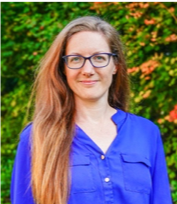 [Rachel White]
[Rachel White]
Dr. Rachel White is an Assistant Professor in the Department of Earth, Ocean and Atmospheric Sciences at the University of British Columbia, Canada. Her work focuses on large-scale climate dynamics and their impacts on extreme weather events, including the simulation of atmospheric dynamics and climate extremes in climate models. Her research includes studies on the June 2021 heatwave in the Pacific Northwest of North America, one of the most extreme heat events on record, research on whether we can use the connections between large-scale atmospheric dynamics and extreme weather events to improve sub-seasonal to seasonal (S2S) forecasts of extremes, through to more theoretical questions, such as work to understand the role of topography and sea surface temperature asymmetries on the atmospheric circulation patterns that can lead to temperature extremes. Rachel serves as an Associate Editor for the Journal of Atmospheric Sciences, is a lead author for two chapters for the latest Canada’s Changing Climate Report (2025), and a lead author for a chapter on Stationary Waves in Climate models in new Elsevier Encylopedia of Climate System Science.
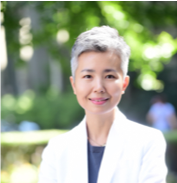 [Saini Yang]
[Saini Yang]
Dr. YANG Saini is a professor at Beijing Normal University. She is the executive director of Integrated Research on Disaster Risk (IRDR). Her research interests include integrated risk assessment, climate change adaptation, resilient infrastructure and emergency management. She is the PI of more than forty research projects and has published more than 100 papers in academic journals, including Nature Climate Change and Nature Communications. She is a member of the expert committee of the National Disaster Reduction Commission and a member of the Asia-Pacific Science and Technology Advisory Group of the United Nations Disaster Risk Reduction. She also serves as the editorial board member of several international academic journals.
 [Fangqun Yu]
[Fangqun Yu]
Prof. Fangqun Yu is a tenured faculty member and research professor of the Atmospheric Sciences Research Center at the University at Albany, State University of New York. Recognized recently with the 2024 SUNY-Albany President's Excellence in Research and Creative Activities Award, he is an internationally renowned scientist on the formation of particles and contrails in aircraft plumes, theories of new particle formation in the atmosphere, size-resolved particle microphysics, and climatic and environmental impacts of atmospheric particles. He develops and applies a size-resolved advanced particle microphysics (APM) model across plume, local, and global scales. The APM model has been coupled with widely used community models, including GESO-Chem, WRF-Chem, WRF-CMAQ, CESM2, and E3SM. His recent research employing APM at both plume and global scales has shed significant new insights into solar radiation modification (SRM) via stratospheric aerosol injection (SAI). His group is also working on connecting the contrail cirrus study to cirrus cloud thinning (CCT) and shipping emission to marine cloud brightening (MCB), the other two proposed approaches of SRM. With over 180 peer-reviewed publications and a Google Scholar h-index of 57, his work spans fundamental particle microphysics, aerosol-cloud-climate interactions, contrail formation and climate implications, health effects of ultrafine particles, machine learning applications in global aerosol modeling, and climate intervention.
